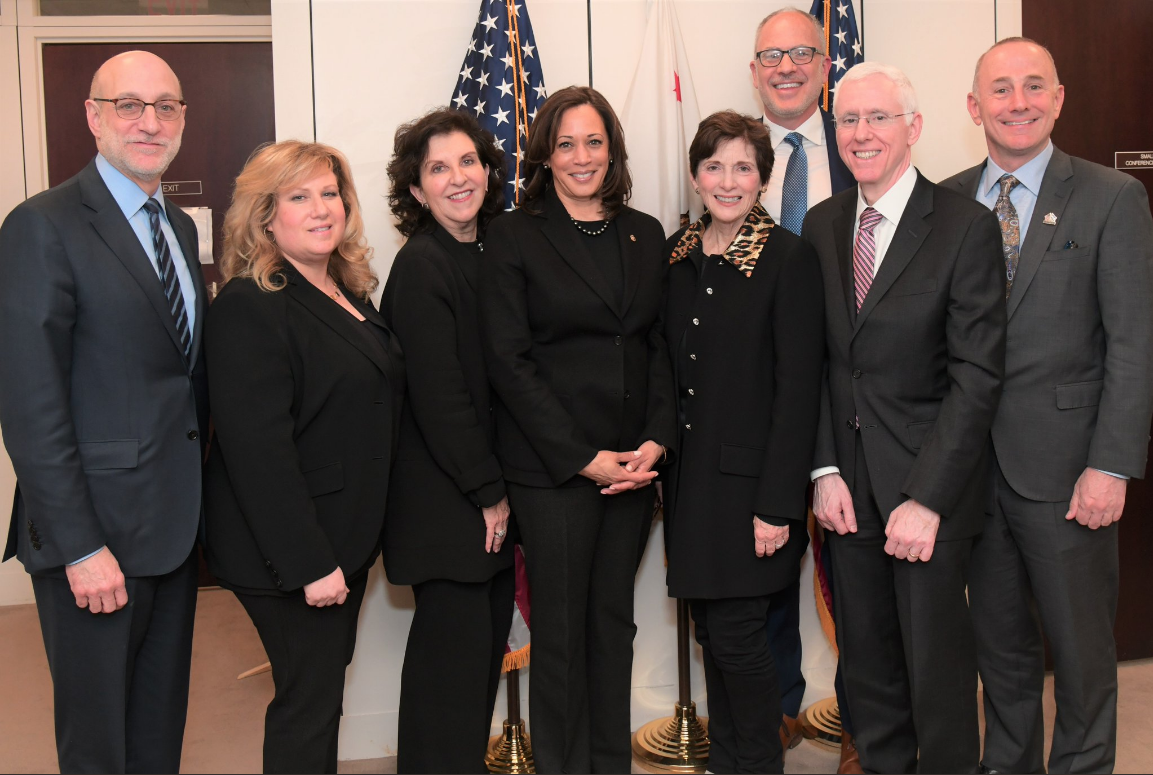
Five 2020 Democratic presidential candidates have met or will be meeting with AIPAC (American Israel Public Affairs Committee) following MoveOn.org’s call for AIPAC’s Policy Conference to be boycotted.
On March 21, Iram Ali, MoveOn’s political action director, told Politico that they called for the AIPAC boycott because “AIPAC has worked to hinder diplomatic efforts like the Iran deal, is undermining Palestinian self-determination, and inviting figures actively involved in human rights violations to its stage.”
However, Forward editor Aiden Pink noted that Sens. Amy Klobuchar (D-Minn.), Cory Booker (D-N.J.), Elizabeth Warren (D-Mass.), Kamala Harris (D-Calif.) and Kirsten Gillibrand (D-Mass.) have all met or will meet with constituents at AIPAC on March 26:
Booker, Harris, Gillibrand and Klobuchar have all met in person with constituents in town for AIPAC (or will later today). And a guide in the convention center promoted a meeting with Warren. https://t.co/5IL0zQ66TP
— Aiden Pink (@aidenpink) March 26, 2019
Harris tweeted out a photo of herself meeting with AIPAC’s leadership at her Washington, D.C. office:
Great to meet today in my office with California AIPAC leaders to discuss the need for a strong U.S.-Israel alliance, the right of Israel to defend itself, and my commitment to combat anti-Semitism in our country and around the world. pic.twitter.com/83Yrrbw4Q8
— Vice President Kamala Harris (@VP) March 25, 2019
Jewish Telegraphic Agency reporter Ron Kampeas argued in a March 22 piece that “ AIPAC does not welcome candidates as speakers in non-election years. An AIPAC official confirmed the policy to the Jewish Telegraphic Agency, but would not explain it. A best guess is that when there are more than a dozen candidates in play, it’s too unwieldy. By the time March of an election year rolls around, it’s down to three or four, which makes the logistics easier.”
Kampeas posited that some of the Democrat candidates who aren’t attending couldn’t because they were campaigning; he added that the 2020 AIPAC Policy Conference next March could be a more accurate barometer as to which candidates are actually engaging in an AIPAC boycott.








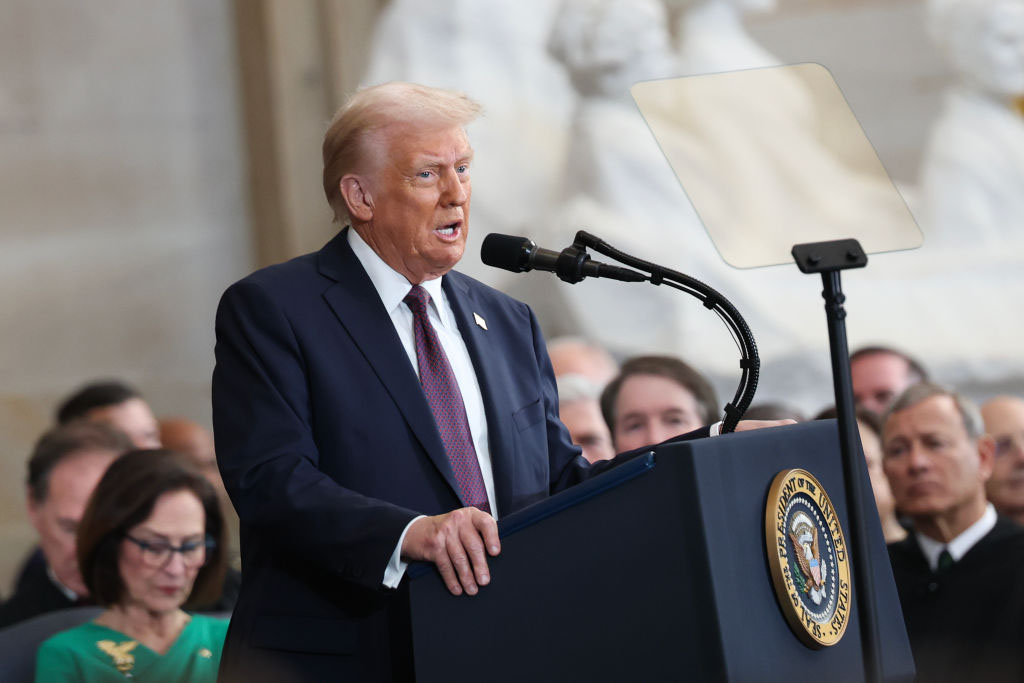
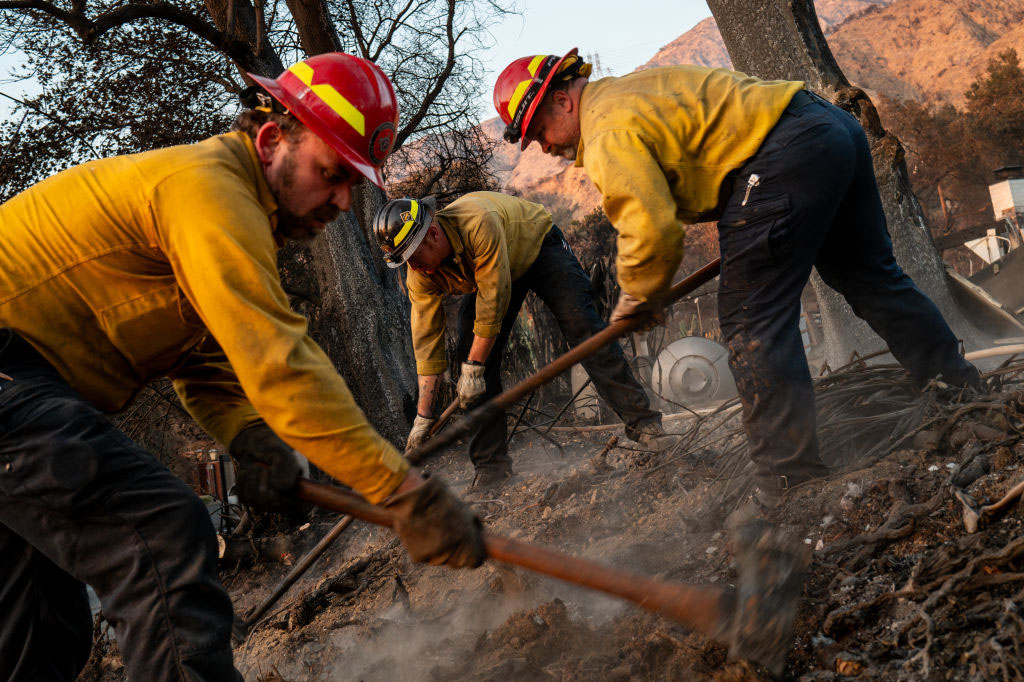
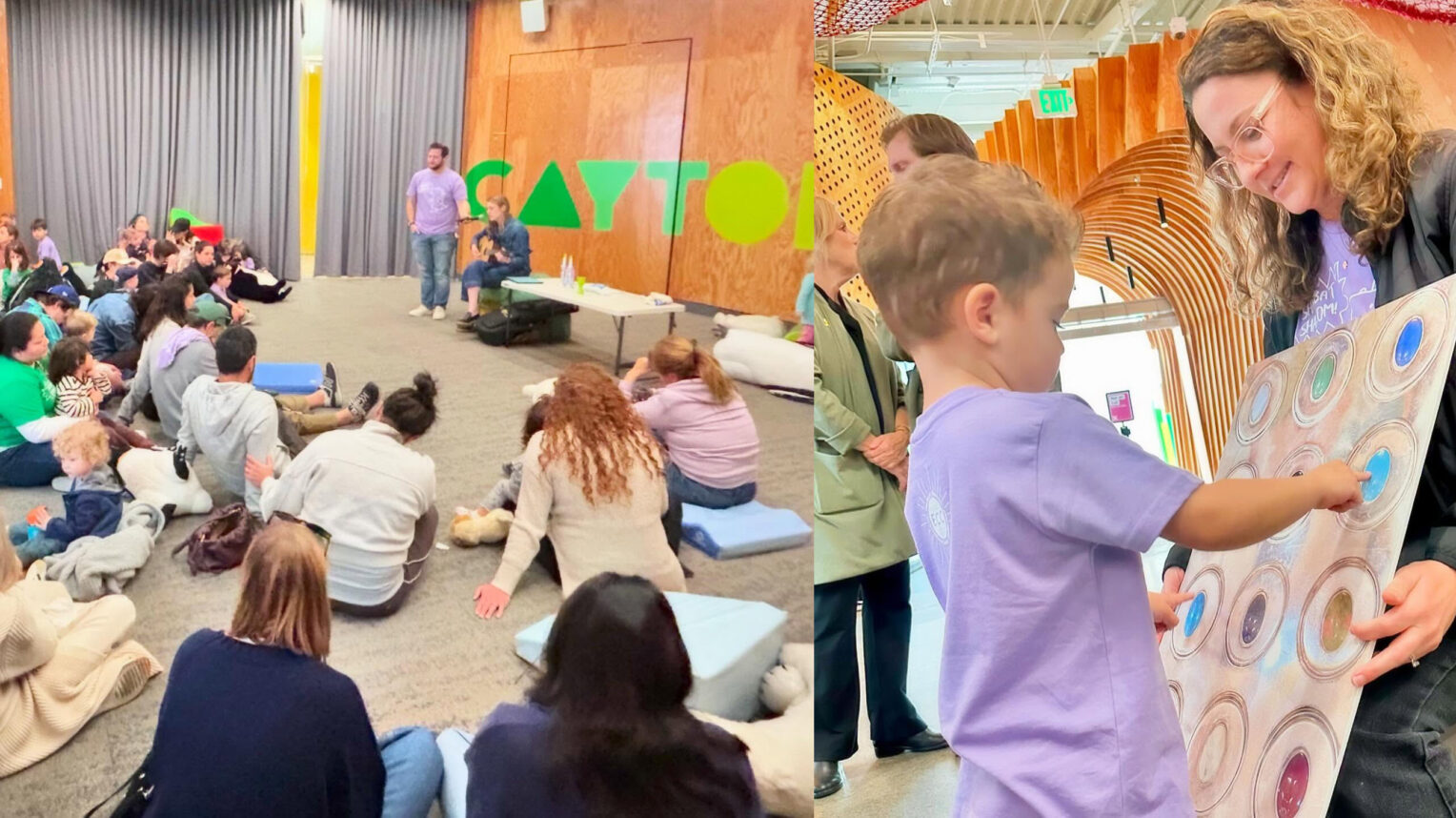
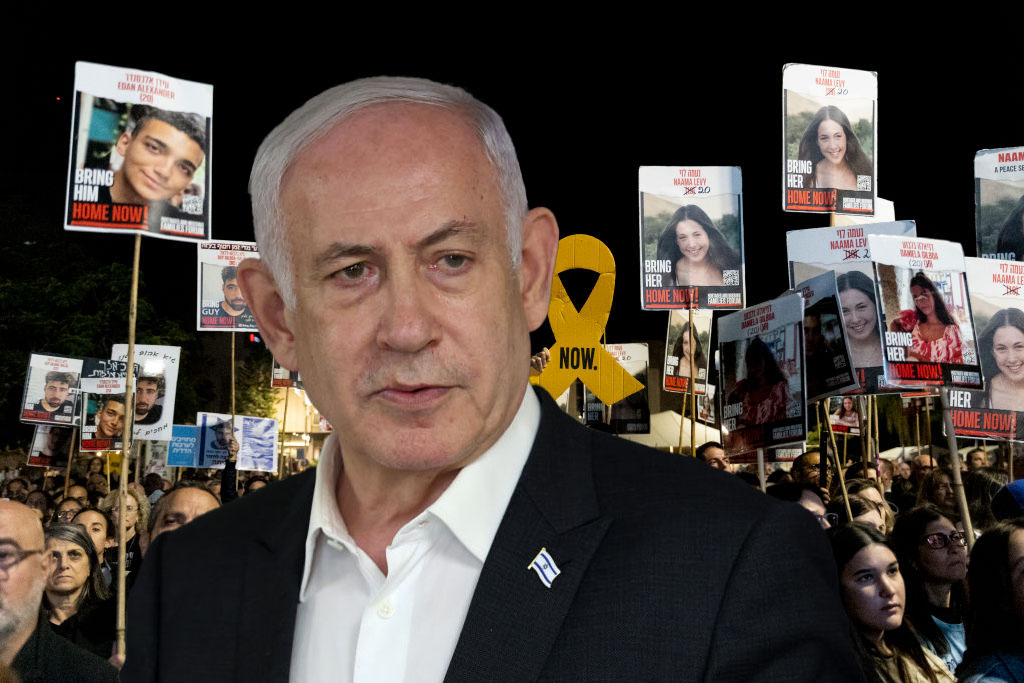
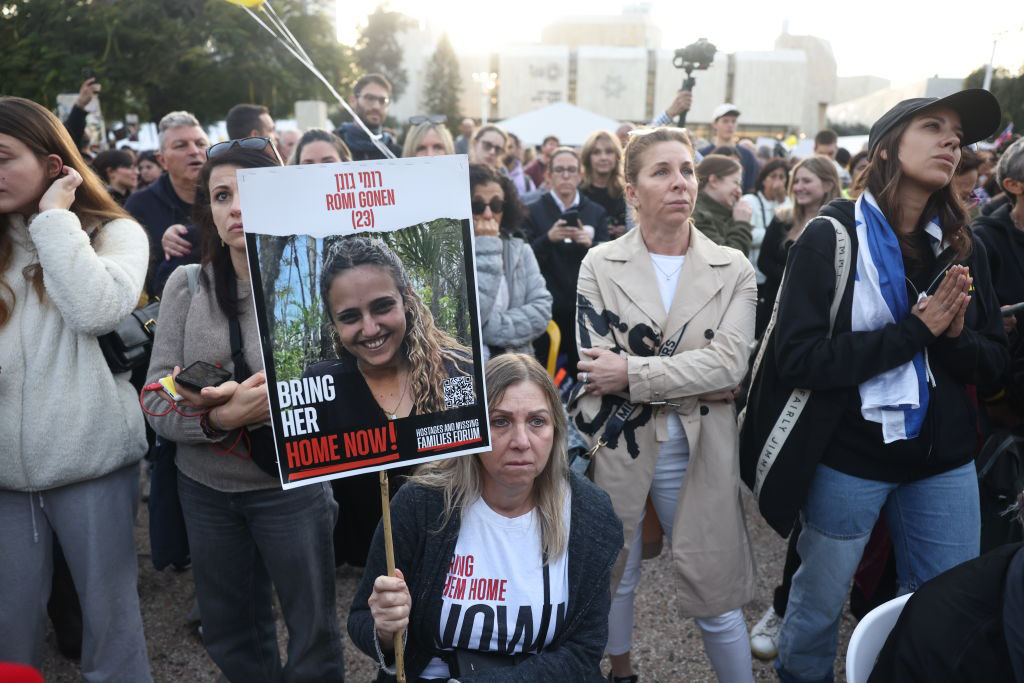




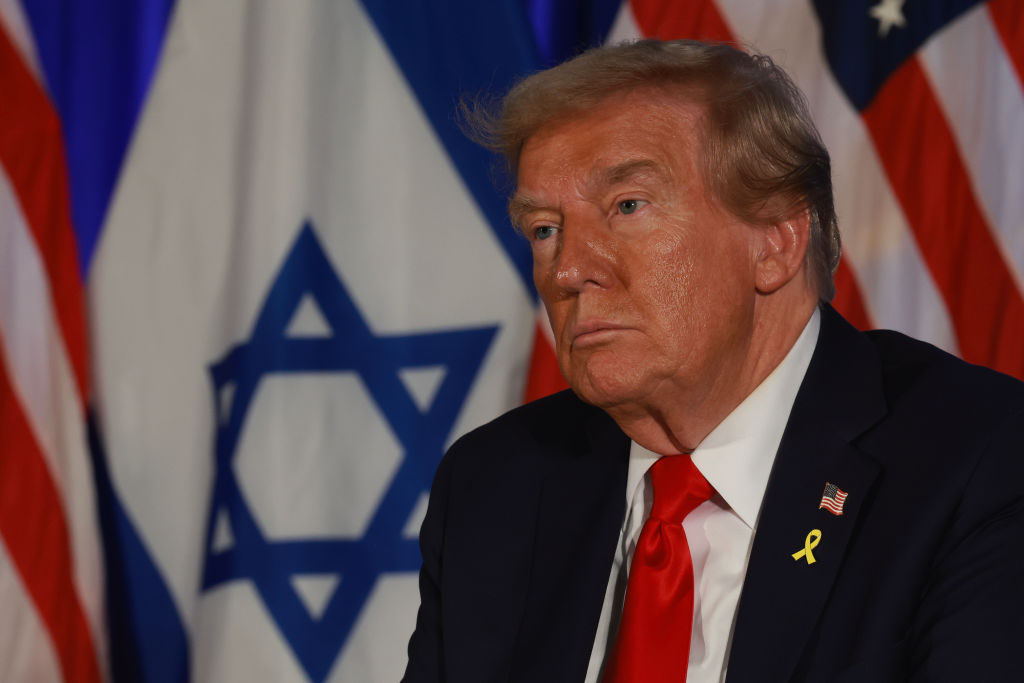




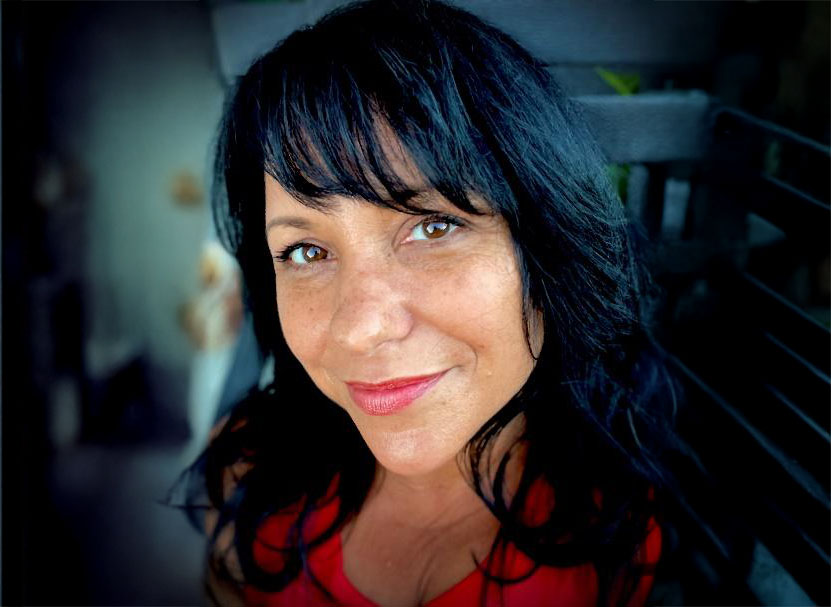

 More news and opinions than at a Shabbat dinner, right in your inbox.
More news and opinions than at a Shabbat dinner, right in your inbox.